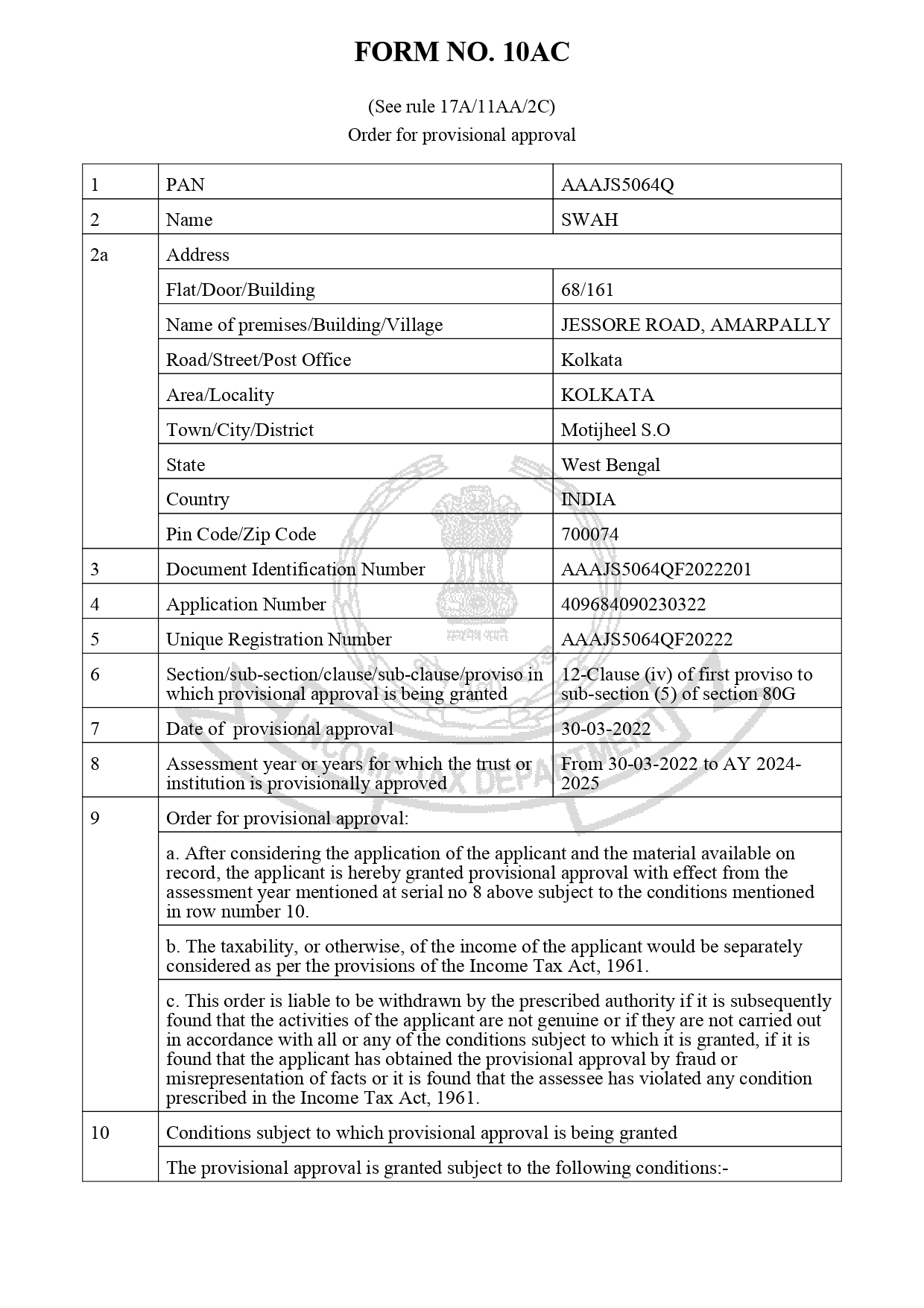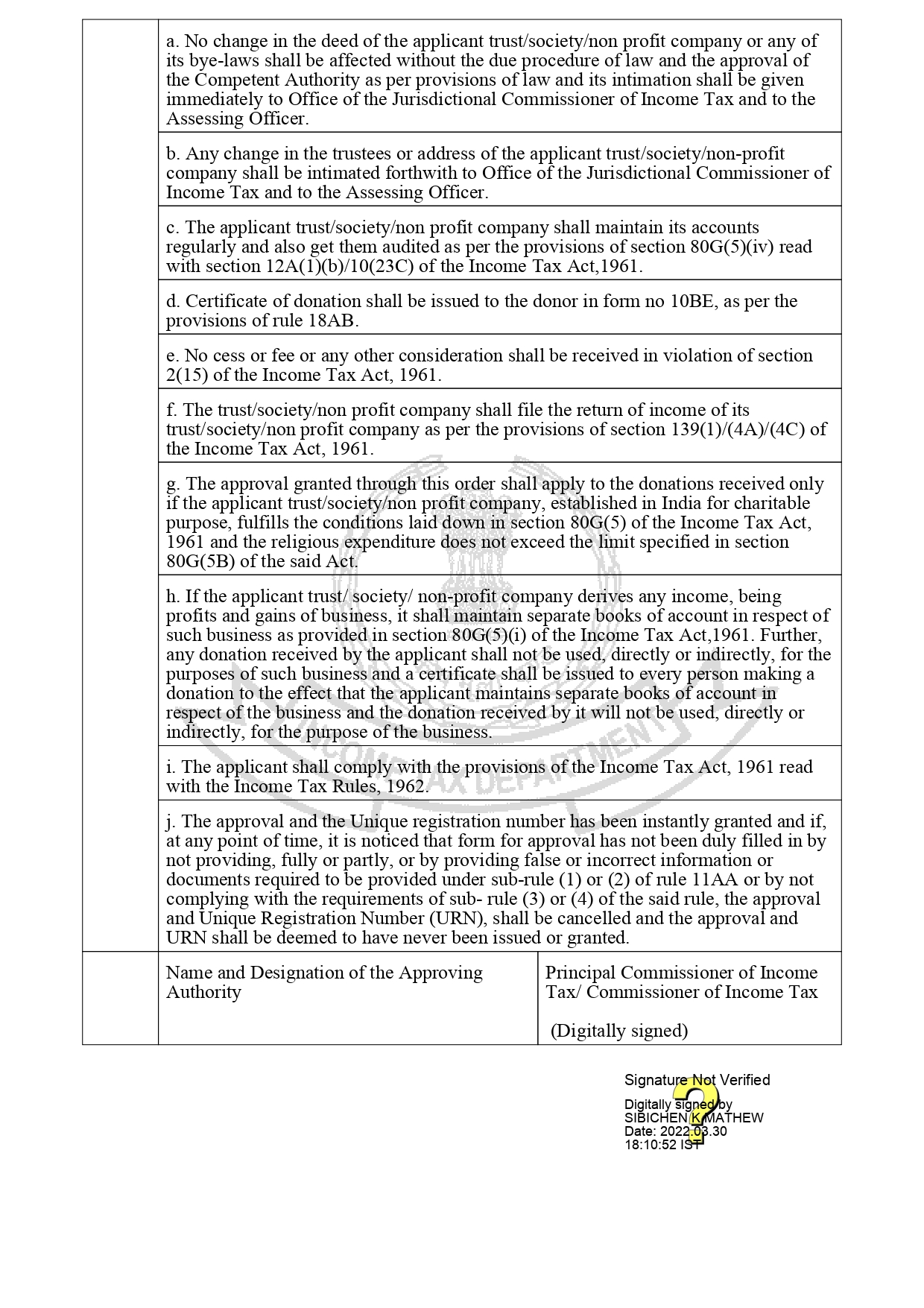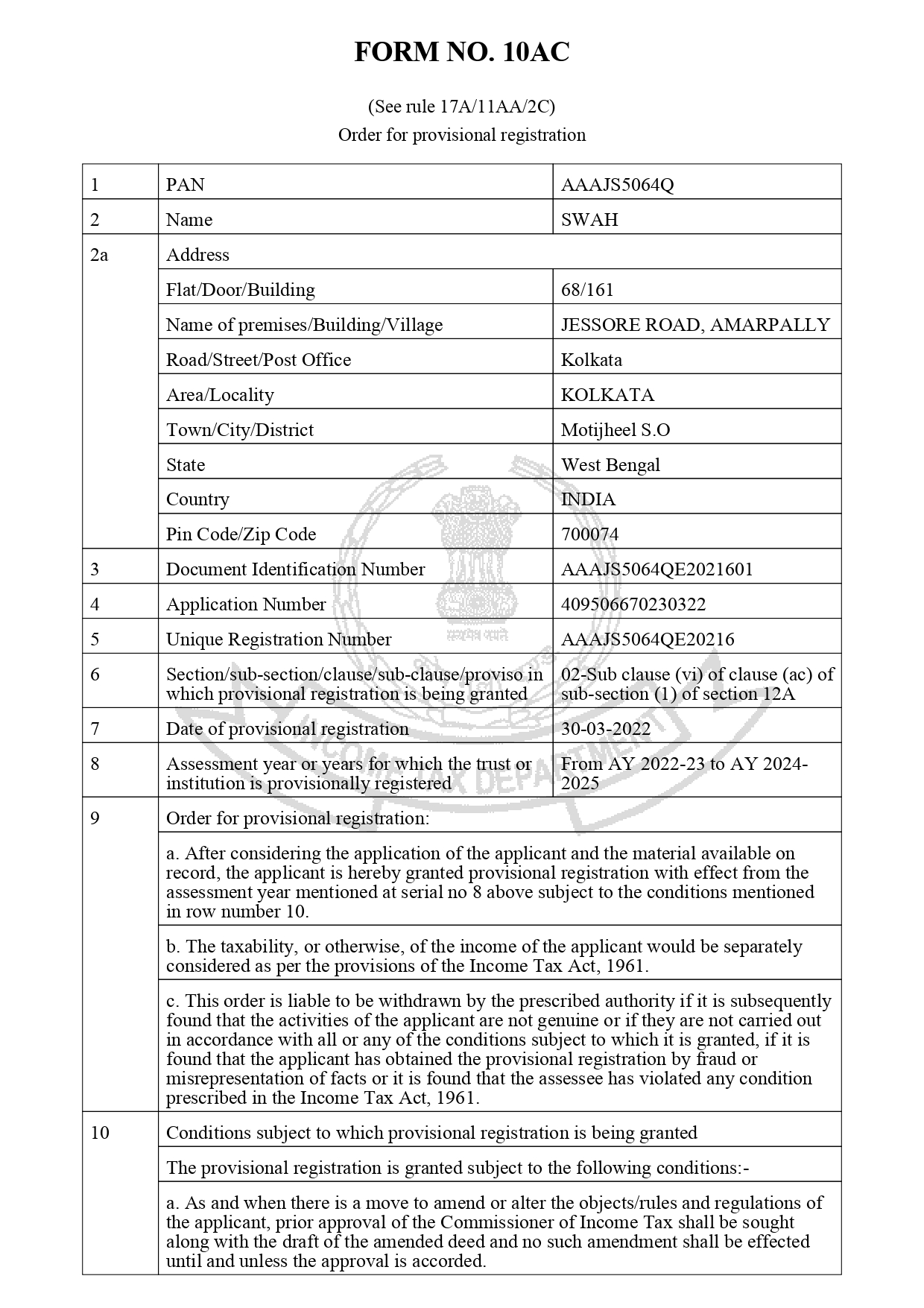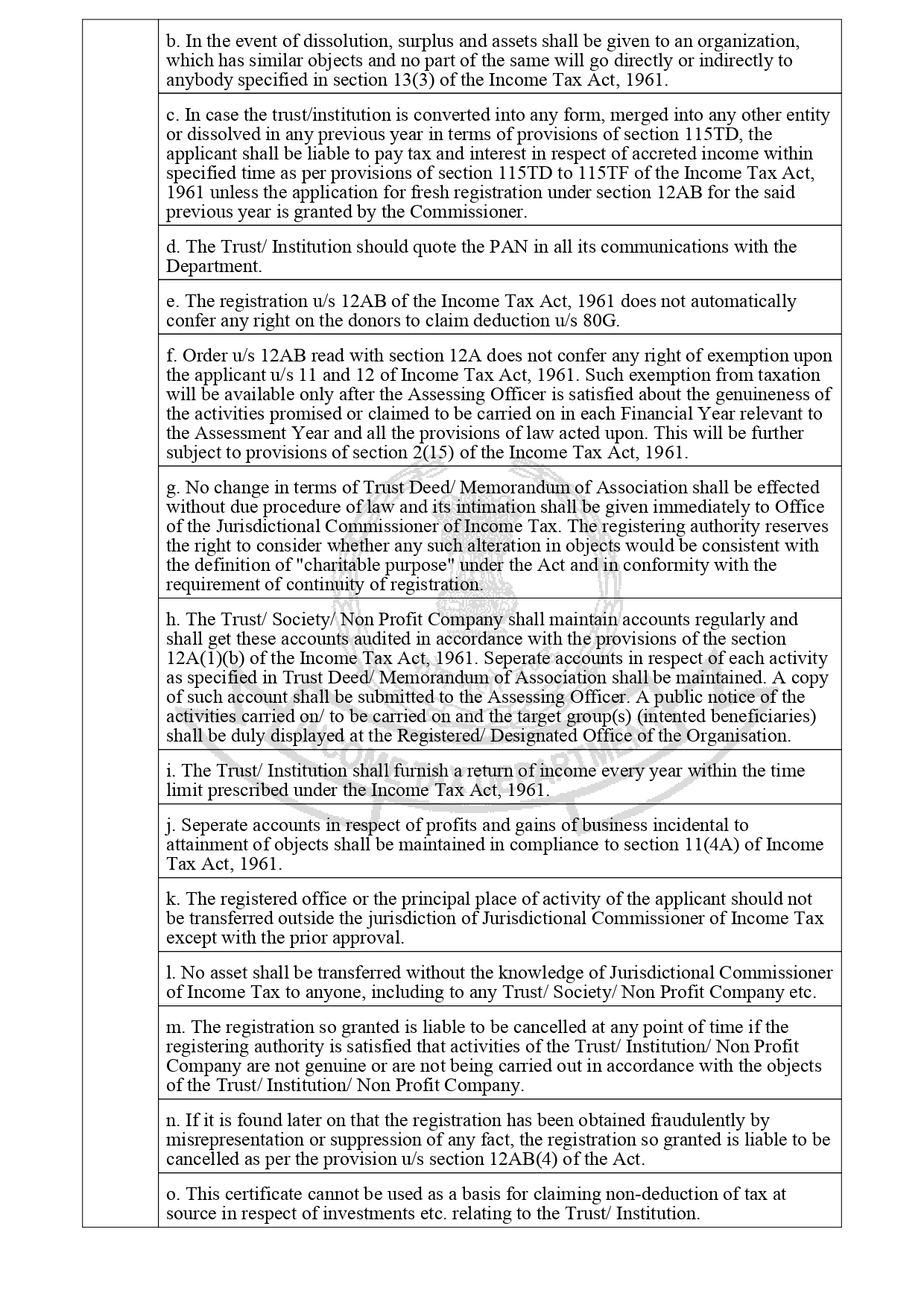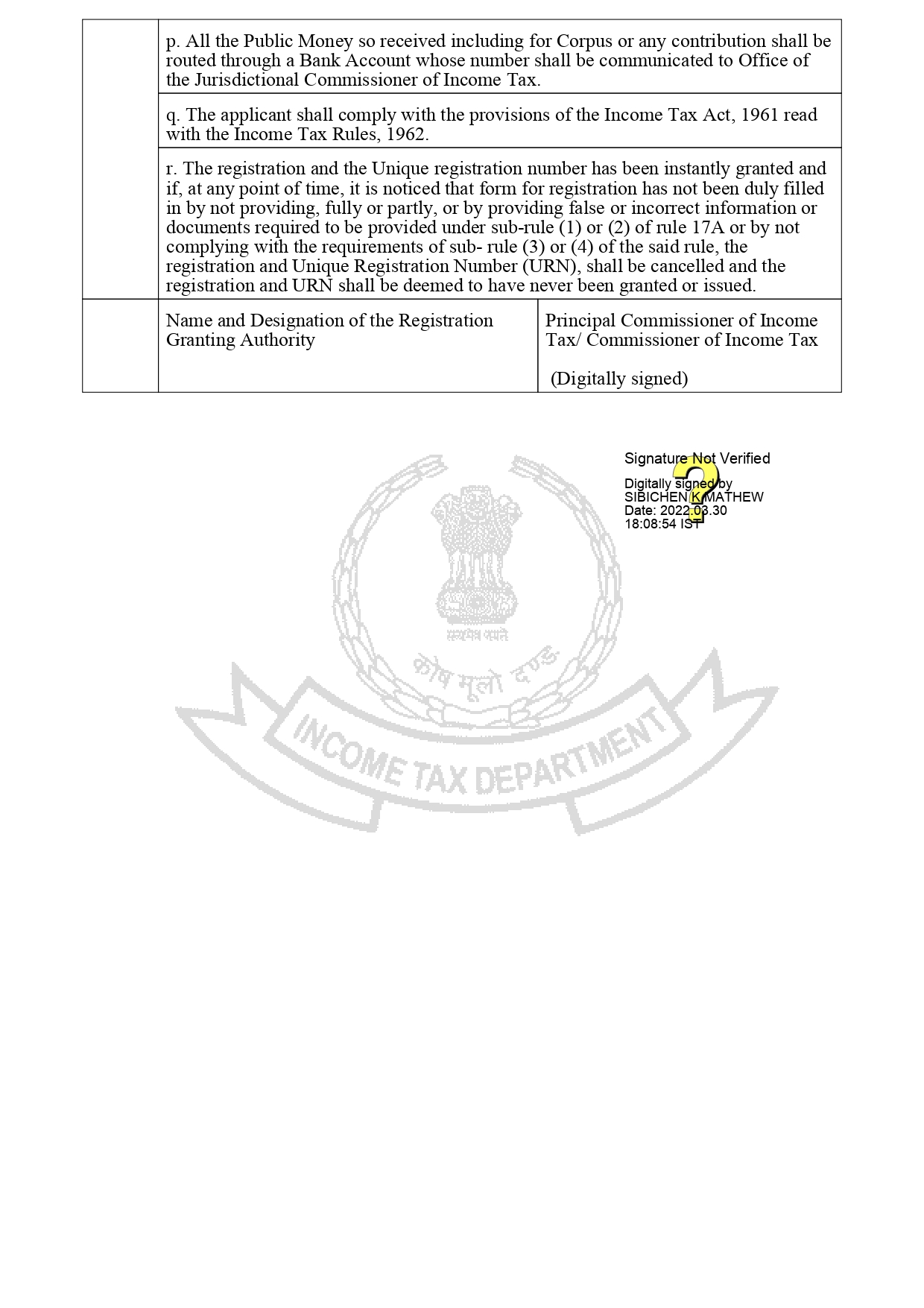
About Us
‘श्वः’ / ‘শ্বঃ’- ‘SWAH’ is a Sanskrit word. ‘SWAH’ means ‘Tomorrow’.
‘SWAH’ was born through a relentless and intensive alternative practice. Following this path of alternative thinking, ‘SWAH’ has joined hands with the whole world to capture the present time. It implements various projects through multi-faceted research, application, and observation related to life, nature, and the environment. Alternative life practice, alternative education, and alternative health. In this activity, various means of art-literature-science-culture are being applied. In this way, the “Nature Classroom” included in the childhood development services has been developed. It is a nature and human-practice center. Basically, to create a careful and extra awareness of nature, environment, and society among children and the basic needs of children such as body and The plan has been developed keeping in mind health awareness, essential nutrition, intellectual development, emotional development, comprehensive education and overall cooperation in achieving success in life. There is a discussion with the family about the present time and its crisis, exceptional planning, and learning to protect the family from ever-new social traumas. We (SWAH) think that children are our most valuable natural resource. The focus of human development is child welfare. To protect and establish children’s rights, ‘SWAH’ is fighting hand in hand with child human rights organizations.
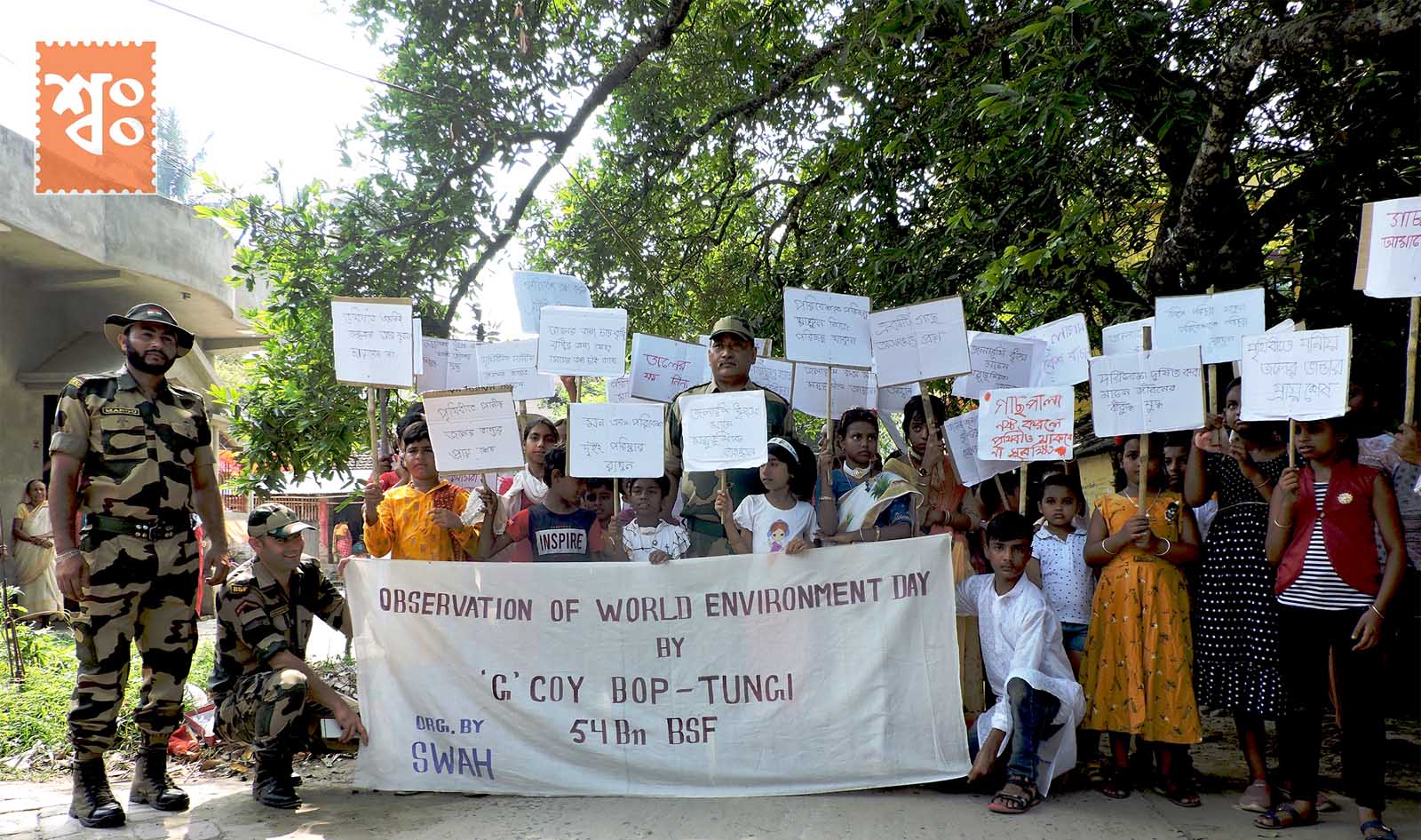
Leadership & Structure
SWAH
Estd. 2006
Registered : 2006 (Registrar of Societies, Kolkata)
Registered Address : Shri Sangeet Rakshit,
Village: Tungi, Block: Krishnaganj,
PS: Krishnaganj, District: Nadia,
Pin Code: 741 506, West Bengal, India
Phone : +91 91633 00346
+91 87775 40068, +91 93397 83287
Email : info@swah.in
Web : www.swah.in
WHO IS WHO
New Committee Formation
Effective from 1st March 2020
President : Shri. Tathagata Chakraborti
Vice President : Shri. Debjit Chakraborty
Secretary : Shri. Sangeet Rakshit
Treasurer : Shri. Sumit Chakraborty
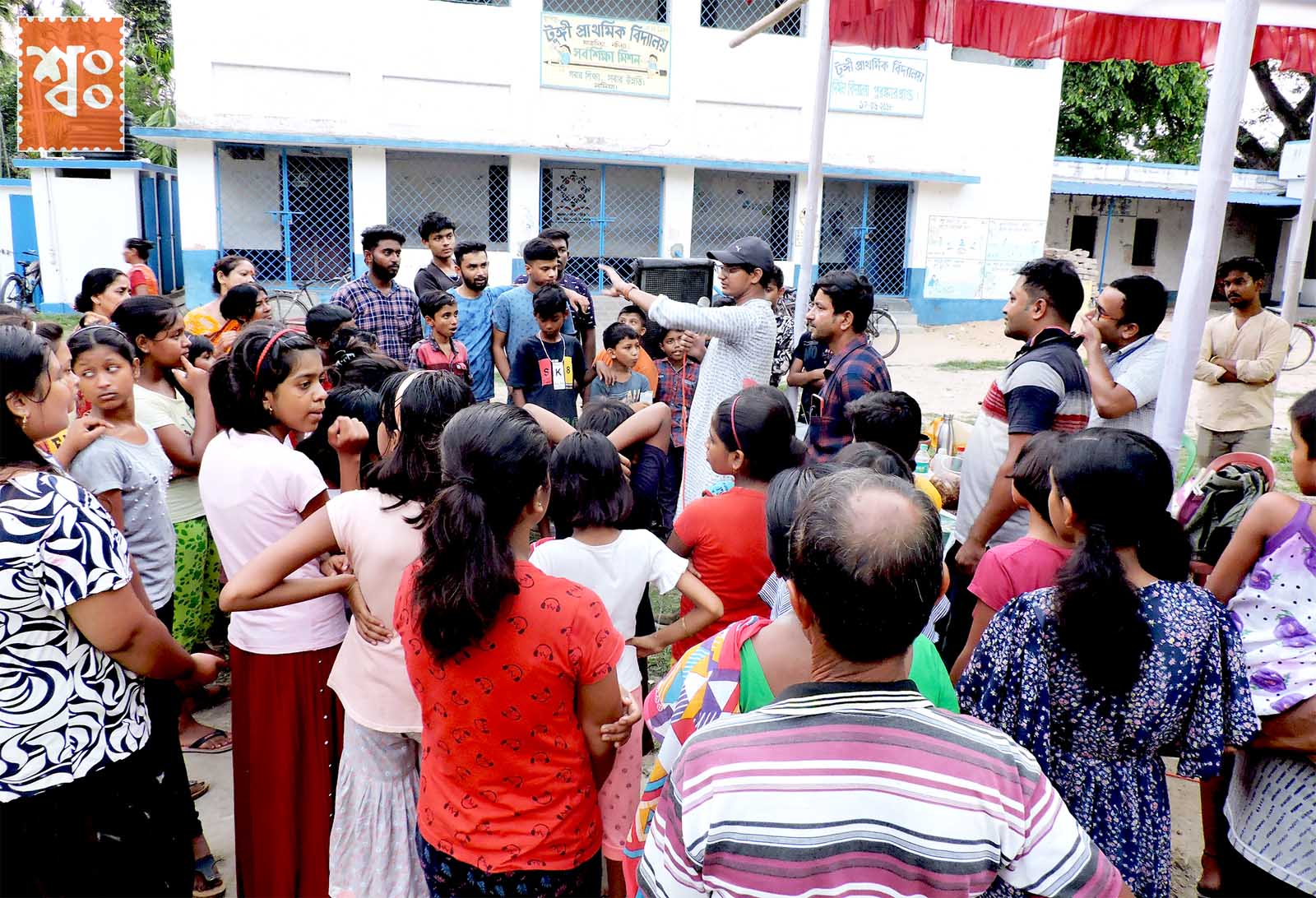
Policies
- To promote the interests and overall welfare of socio-economic balances for youth.
- To enable Indian youth to recognize and fulfill their responsibilities to themselves, the country, and the world.
- To work towards the propagation and fulfillment of the Universal Declaration of Human Rights by the United Nations.
- To achieve any or all of the aforementioned aims and objectives.
- To bring together and coordinate activities, as well as affiliate with organizations working for the welfare of fellow citizens.
- To conduct periodic lectures, meetings, conferences, seminars, and surveys on matters of national interest, such as climate, health, hygiene, and conservation.
- To enable similar organizations to participate individually and collectively in national and international conferences and other programs.
- To provide a platform for exchanging information about the activities, objectives, and experiences of various like-minded organizations.
- To establish branches, offices, regional committees, local committees, and similar entities.
- To affiliate with national and/or international organizations, including the United Nations and its specialized agencies, and cooperate with them on matters concerning the common interests and welfare related to nature, health, artisans, etc.
- To establish and maintain research and reference libraries, reading rooms, study classes, hostels, forums, and recreational centers for the benefit of youth.
- To further the cause of democracy.
- To publish papers, journals, excerpts, pamphlets, books, and similar materials to promote the above-mentioned aims and objectives.
- To collaborate with the Government of India in implementing Development Programs.
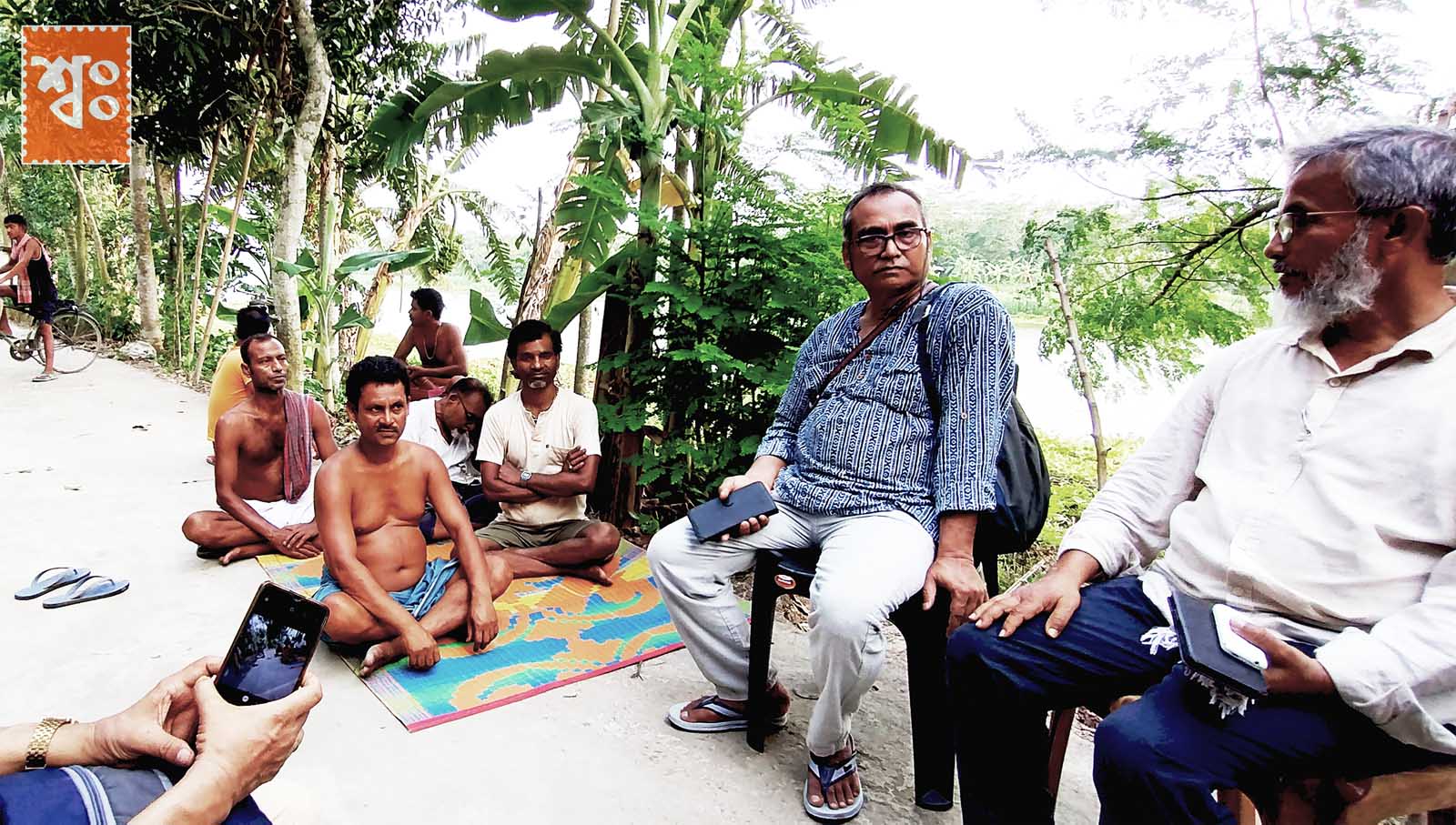
Objectives
A. Health
- Working on awareness, prevention, training, and treatment of general health and hygiene.
- Providing education on health and health-related awareness.
B. Education
- Ensuring education for children and illiterate adults.
- Promoting alternative educational sources for dropouts and underserved communities.
- Providing vocational and green job-oriented skill-building training for unemployed youth and implementing upskilling programs.
C. Natural Resource Management (NRM)
- Watershed management.
- Rainwater harvesting (RWH).
- Conservation and cultivation of medicinal and aromatic plants.
- Development of waste lands.
- Promotion of organic farming.
- Advancement of irrigation facilities.
- Climate change adaptation programs.
D. Culture
- Preservation and promotion of traditional/ethnic culture.
- Promotion of traditional healing systems.
E. Renewable Energy
- Promoting all renewable energy sources.
- Fostering sustainable development through renewable energy initiatives.
- Capacity building in the renewable energy sector.
F. Rights
- Empowerment of women.
- Protection of child rights.
- Addressing all issues related to human rights.
- Facilitating effective information and communication for good governance.
G. Livelihood Generation Programs
- Promotion of alternate livelihoods through various possible sources.
- Development of entrepreneurship through cottage industries.
H. Providing consultancy services and expertise for the formulation of sustainable development strategies upon request from co-NGOs, institutions, organizations, communities, and professional bodies.
I. Conducting comprehensive research related to social development.
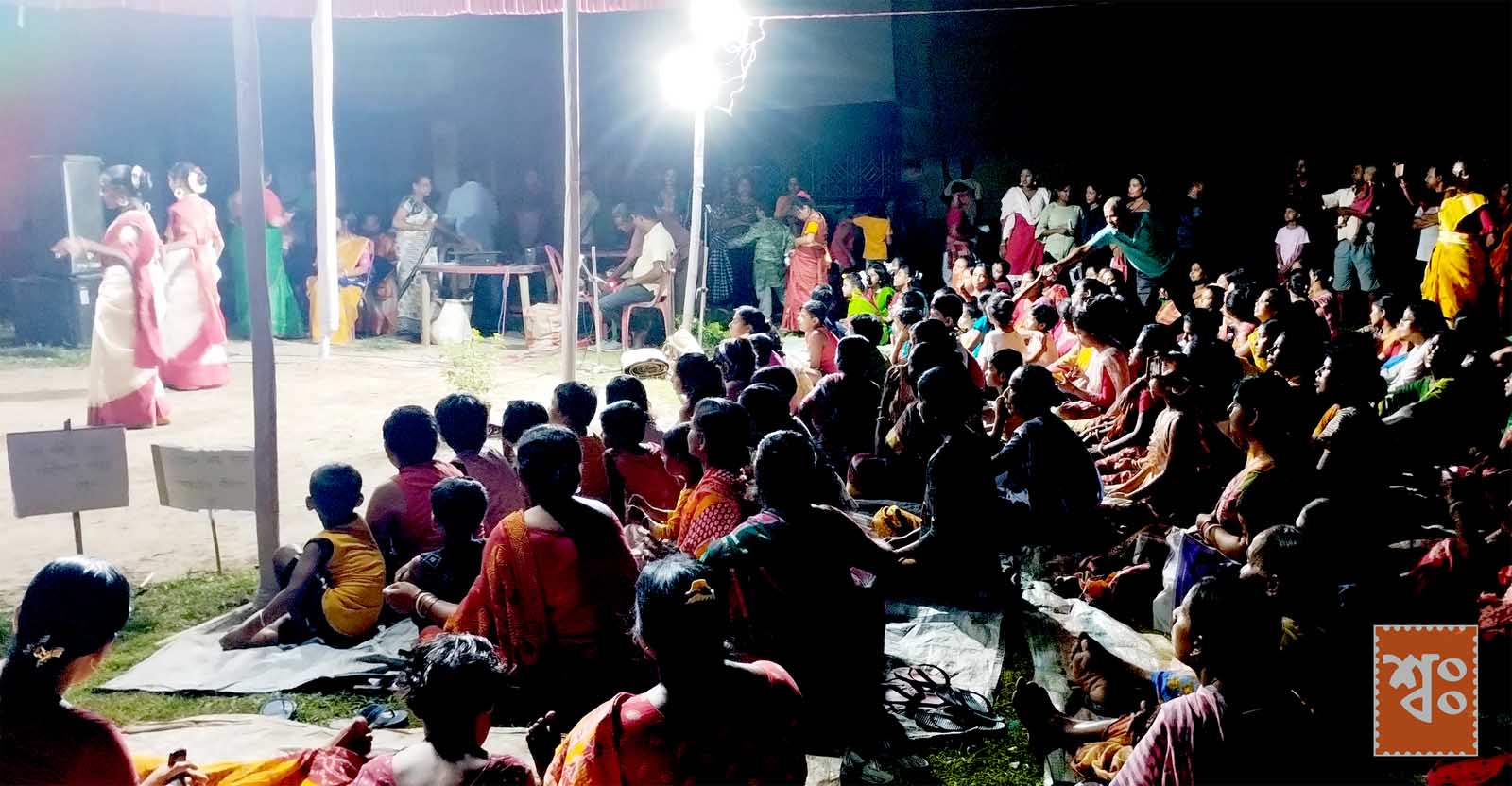
Committees & Representatives
SWAH advisory committees and members:
Cultural Promotion Committee
National Convener: Smt Chandra Mukhopadhyay (Collector and Independent
Researcher of women’s folk songs of Bengal)
Co Convener: Smt Rai Sengupta
Environment & Climate Protection Committee
National Convener: Shri Aniruddha Dey (Chairperson: PRISM India)
Education Committee
National Convener: Smt Aparna Ghosh (Teacher)
Co Convener: Smt Supriya Chakraborty (Formar Principal of Indian Embassy recognized School in Gariayan, Libya. Coordinator, Teacher and Motivator in ICSE School, Tripura. President- Guide of
Bharat Scouts and Guides (Tripura Unit)
Grants and Fund Raising Committee
National Convener: Shri Sumit Chakraborty
Innovation & RD Committee
National Convener: Shri Prof. Sourav Jana (College of Art & Design; University of Burdwan)
Co Convener: Shri Kajol Saha (Graphic Artist)
Vocational and Technical Skill development Committee
National Convener: Shri Ranjan Dutta (Chairman: Rural
development Forum; The Institute of Engineers, India)
Co Convener: Shri Pranab Dasgupta (Master Craftsman; Natural Fiber Expert)
Joint Convener: Smt Jhuma Das (Master Artisan)
Women, Youth Empowerment & Rural Development Committee
National Convener: Smt Gayatri Banerjee (Entrepreneur: HASTACRAFT)
Co Convener: Smt Nita Dhar (Senior Program Manager at PRISM INDIA, CII WOMEN
EXEMPLARY AWARDEE)
Legal & Corporate Affairs Committee
National Convener: Shri Tapas Bhattacharya (Lawyer of Kolkata High Court)
Public Health, Hygiene & Sanitation Committee
National Convener: Smt Banani Roy (Sister in charge of
Barrackpore Cantonment General Hospital)
Co Convener: Shri D P Lahiri (Medi Diagnostics & Polycyclic, Sodpur)
Agriculture Reform Committee
National Convener: Shri Dr. Anupam Paul (Scientist & Environmentalist)
Scientific Advisory Committee (Fisheries & Water body)
National Convener: Shri Dr. M. Abul Hassan (Principal Scientist & HOD; In-Charge, SIFRI)



